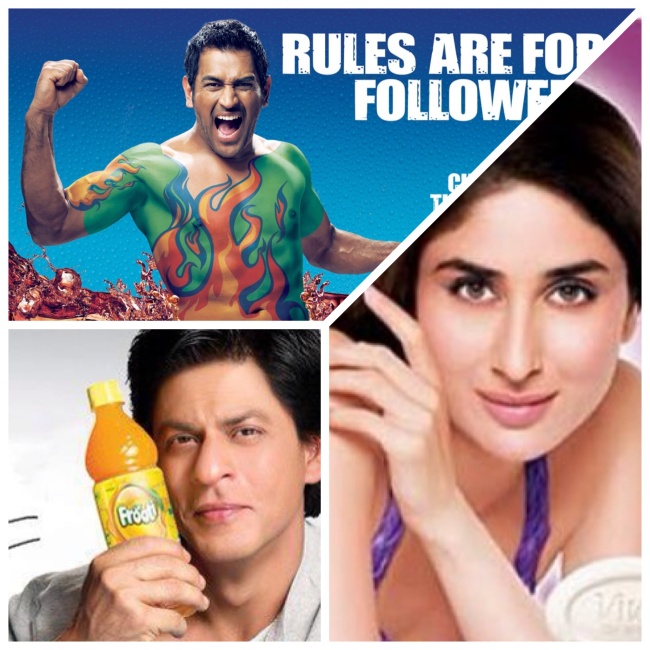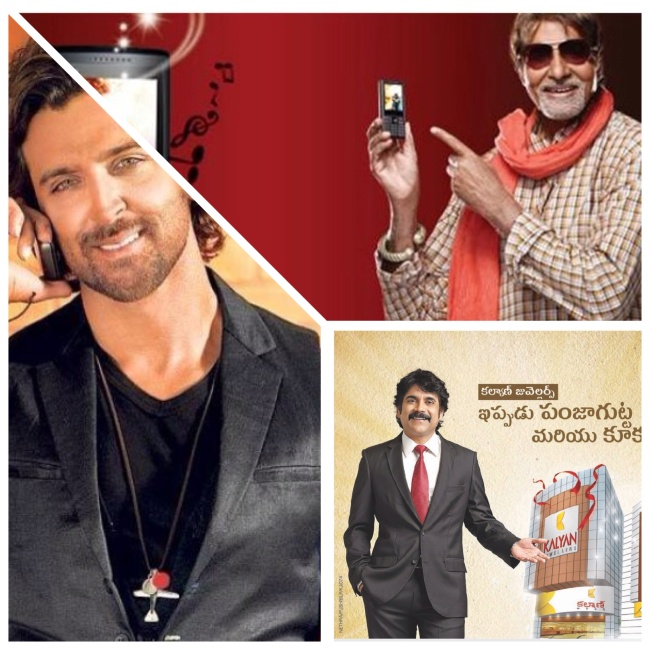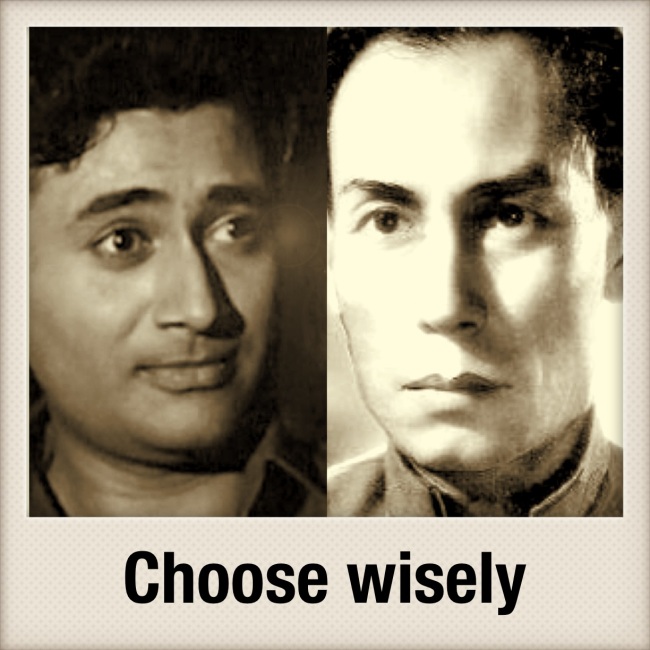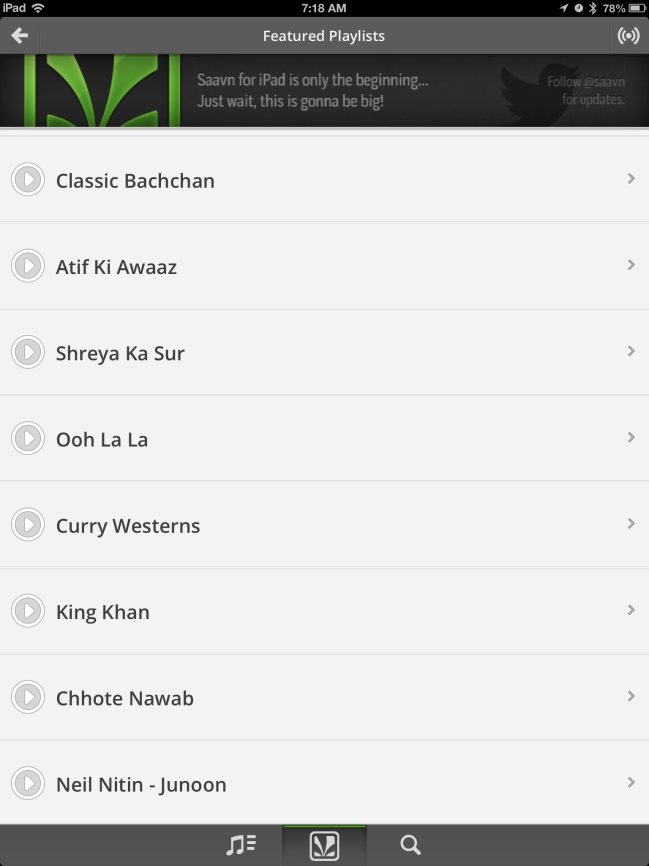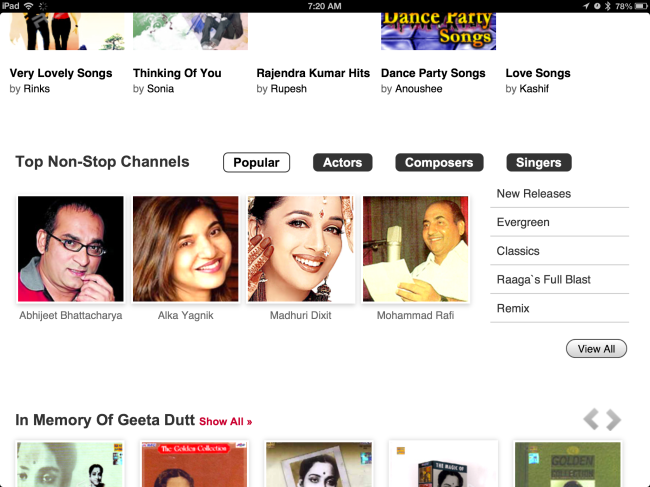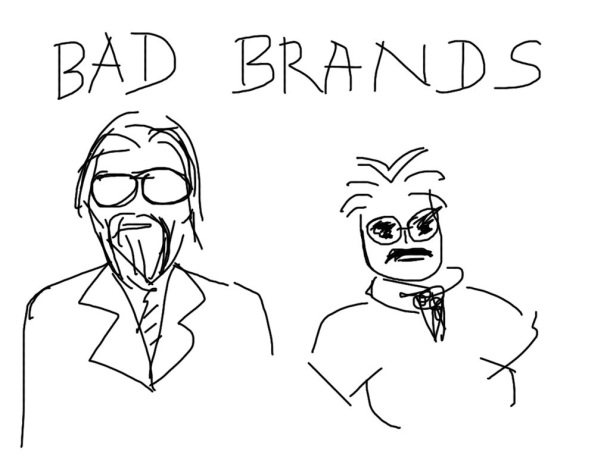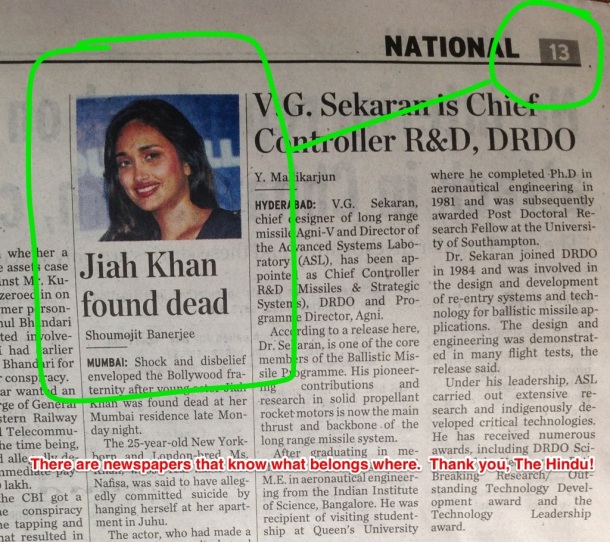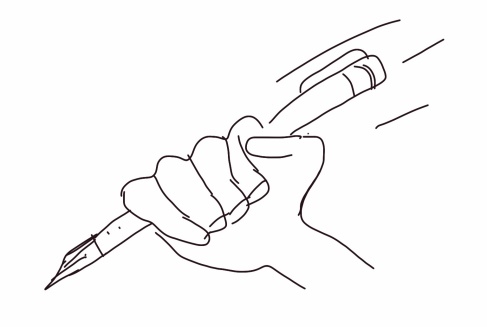Famous people promoting products and services is often seen as getting more out of your good fortune and rarely as explicit corruption. Should there be something bad or immoral about encashing fame? Or are the celebrities simply trading for money what they have worked hard to earn? When a celebrity appears in an advertisement, most people notice it, some ignore it, the gullible ones get persuaded, and the judicious ones try not to get persuaded. This is how we deal with it today, but a substantial social good can be achieved by viewing such endorsements as corruption and counterfeiting.
The idea of corruption is not to be confused with acts of taking bribe or misusing public money. Corruption is valuing something less than it is worth. Not respecting rules or breaking them for illicit gains is corruption. Taking more than you are worth is corruption. Exploiting an expectation is corruption. Our celebrities are guilty.
On what counts can we term a celebrity’s earnings from endorsements as illicit?
People usually accrue fame on account of their talent and achievements in arts, sports, leadership or any other realm of mass appeal. This makes them recognizable faces and attracters of attention. When they feature in advertisements, the attention they attract is diverted to a commercial item. What the celebrity in an ad basically says is, ‘Hey, look at me. You know me I’m sure. Now look at what I’m wearing/eating/drinking/using, etc. and copy me.’ They often stop short of saying, ‘Buy this’ to make the element of promotion less obvious. The first thing to notice is that the celebrity is encouraging a choice at which (s)he is no better than the targeted customer. What makes a film actor an expert in the composition of a cough syrup, or its relative merits over other cough syrups? A starlet singing the glory of a beauty soap does not tell you that her beauty is explained by an accidental conjoining of chromosomes, careful grooming for limelight since childhood, her lifestyle and probably the avoidance of the very soap she is selling to you. Should a cricketer vouch for the quality of the sports equipment he uses daily (which of course he will do) or, as we see more often, the nutritional value of a biscuit or the trustworthiness of a real estate company?
If an ordinary person was to make judgements in matters wherein he is uninformed and then to publicize his views, he will most likely be branded as insane, or as an imposter. When such fake expertise is offered by a celebrity, it is seen, regrettably, as innocent sharing of experience, or worse, as performance or public education. Would a celebrity be less a thief if he picks someone’s pocket? Then why should one spare him for publicly lying (to people whose admiration he enjoys)? Why is he not shamed for counterfeiting the currency of fame and trust?
The celebrity can argue: ‘I am rich in the currency of fame. I use it in whichever way I please, or turn it into real currency or invest it in things that will make me more famous. Isn’t it stupid to argue that the money made by selling chocolate cannot be used for buying furniture?’
Dear celebrity, money in functional terms is pure value disassociated from processes that led to its generation. Fame, on the other hand, is value with inextricable antecedents. ‘Famous for ________’: if the blank is not filled, it is no fame at all.
The most disturbing instances of the black market for popularity and celebrity-hood relate of course to Bollywood and cricket. Films are often just a means of getting known, and the business starts only after the public image is created. Cricket is often a public presentation of a player, and his livelihood comes from the endorsement acts that follow. Large-scale deception? No, this is a new business model.
Corrupt politicians misappropriate public funds for personal purposes. Corrupt celebrities misappropriate a host of things endowed on them by the public: appreciation, approval, acceptability and trust.
There is a suggestion that celebrities be made liable for making false claims on behalf of brands. To what extent can a moral problem be dealt with using legal solutions? We have seen that laws do not stop corruption.
Can we instead expect responsible and reformed among celebrities to condemn the endorsement business?
Let’s wishfully peruse the script of this celebrity declaration:
Celebrity Declaration
Dear admirers, fans, viewers, listeners and other people,
Over the years you have celebrated me as the emblem of several virtues, charms, talents and other attractive qualities. I have betrayed all your expectations and trust by endorsing products the quality of which I am not qualified to certify. In other words, I have lied to you on a frequent basis. Though much of the damage cannot now be undone, I must do everything I can to minimize the loss to the victims of my business clients and my own campaigns. I hereby declare as unverified and contestable every claim that I have directly or indirectly made on behalf of commercial brands. I sincerely (trust me) apologize. I acknowledge that profiting from endorsements amounts to immoral exploitation of public trust. I earmark all portions of my wealth accrued from brand endorsements for causes related to consumer protection and fair advertisement practices.
Yours Sincerely
The Repentant Celebrity
This message to the public will never come from any celebrity. This article will not stop celebrity endorsements. Imposed choices will rule people’s lives. Only common sense can end this form of corruption.
